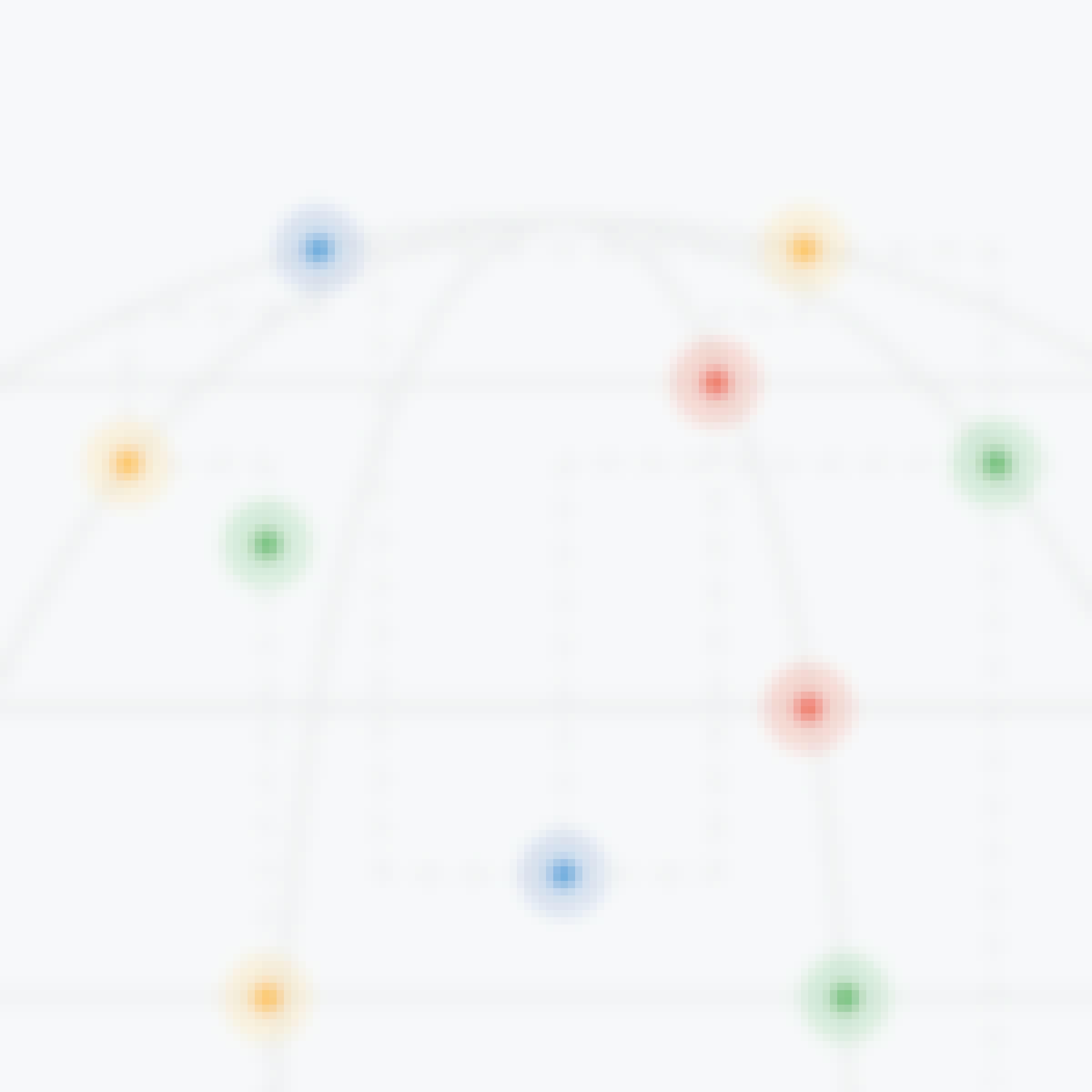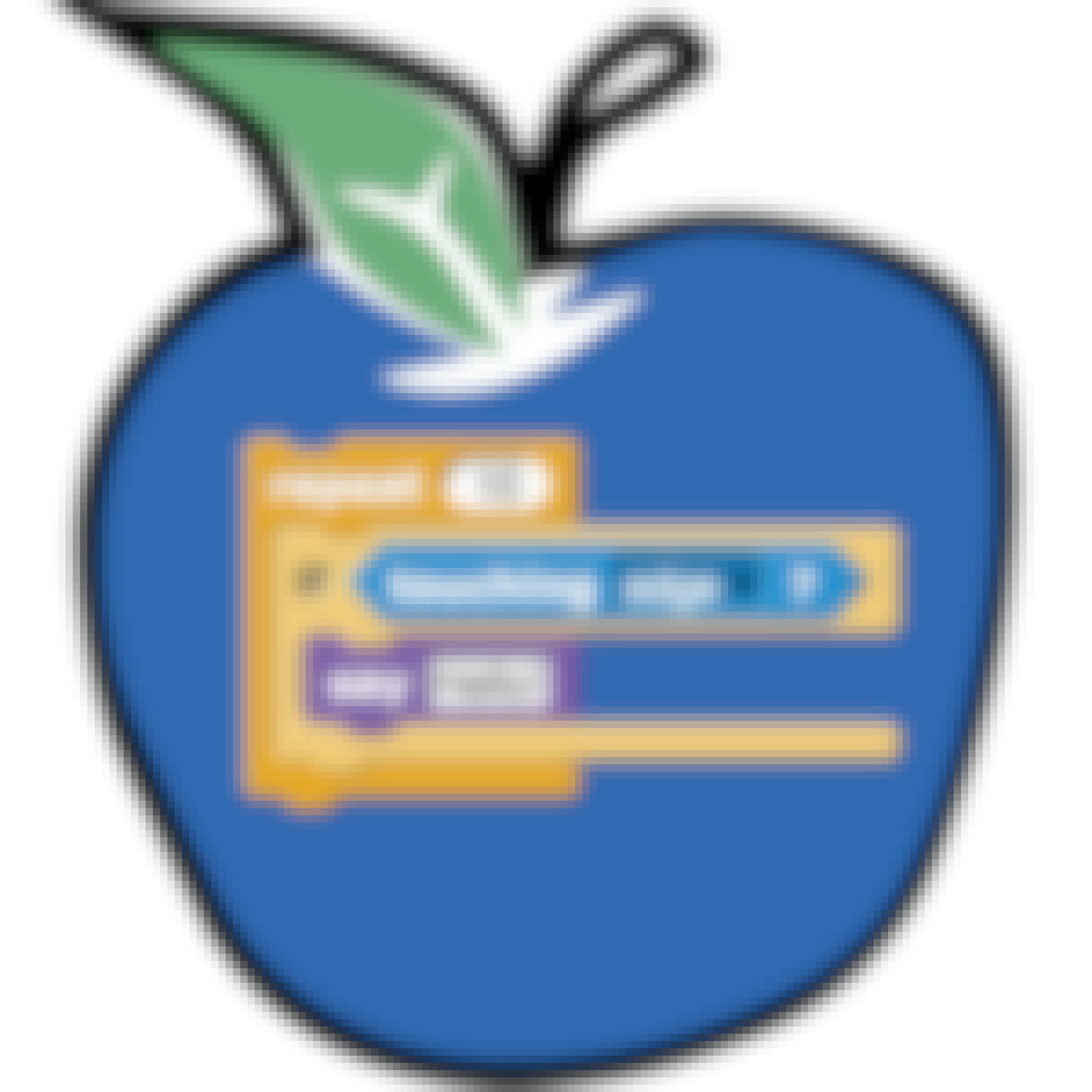Filter by
The language used throughout the course, in both instruction and assessments.
Results for "geometric dimensioning and tolerancing"

Coursera Project Network
Skills you'll gain: Microsoft PowerPoint, Student Engagement, Motivational Skills, Mathematics Education, Arithmetic, Education and Training

Arizona State University
Skills you'll gain: Creative Thinking, Creative Problem-Solving, Brainstorming, Resourcefulness, Creativity, Curiosity, Strategic Thinking, Independent Thinking, Innovation, Decision Making, Collaboration
 Status: Free
Status: FreeCoursera Instructor Network
Skills you'll gain: Financial Forecasting, Forecasting, Generative AI, Financial Management, Financial Modeling, Market Intelligence, Predictive Analytics, Business Planning, Data-Driven Decision-Making, Financial Planning, Artificial Intelligence, Strategic Decision-Making, Data Quality

Infosec
Skills you'll gain: Distributed Denial-Of-Service (DDoS) Attacks, Secure Coding, Application Security, Encryption, Security Controls, Data Security, Web Servers, Web Applications, Database Management, Cryptography, Data Encryption Standard, Authentications, SQL, Data Validation

Google Cloud
Skills you'll gain: Tensorflow, Computer Vision, Machine Learning Methods, Development Environment, Image Analysis, Google Cloud Platform, Deep Learning, Artificial Neural Networks

Coursera Project Network
Skills you'll gain: Facebook, Organizational Skills, Social Media, Social Media Content, Customer Engagement, Social Media Marketing, E-Commerce, Retail Sales, Product Knowledge, Editing
 Status: Free
Status: FreeDeepLearning.AI
Skills you'll gain: Anomaly Detection, Database Application, Generative AI, Network Analysis, Applied Machine Learning, Databases, Natural Language Processing, Image Analysis, Text Mining, Information Architecture

Google - Spectrum Sharing
Skills you'll gain: Key Management, Interoperability, Configuration Management, Data Entry, Wireless Networks, Technical Communication, Data Maintenance, Network Infrastructure

Packt
Skills you'll gain: Disaster Recovery, Incident Management, Business Continuity Planning, Information Technology Operations, Threat Management, Cybersecurity, Security Information and Event Management (SIEM), Security Controls, Patch Management, Threat Detection, Intrusion Detection and Prevention, Infrastructure Security, Vulnerability Management, Safety and Security, Configuration Management, Change Control

University of California San Diego
Skills you'll gain: Debugging, Computer Programming Tools, Software Development Tools, Program Development, Computational Thinking, Computer Programming, Development Environment, Computer Science

Coursera Project Network
Skills you'll gain: Canva (Software), Design, Design Elements And Principles, Graphic and Visual Design, Digital Design, Developing Training Materials, Creative Design, Color Theory, Journals, Digital Publishing, File Management

Skills you'll gain: Threat Management, Vulnerability Assessments, Incident Response, Computer Security Incident Management, IT Security Architecture, Disaster Recovery, Vulnerability Management, Hardening, Public Key Infrastructure, Risk Management, Compliance Management, Governance Risk Management and Compliance, Network Security, Security Engineering, Infrastructure Security, Regulatory Requirements, Cryptographic Protocols, Information Systems Security, Software-Defined Networking, Application Security
In summary, here are 10 of our most popular geometric dimensioning and tolerancing courses
- Increasing Multiplication Mastery with Microsoft PowerPoint: Coursera Project Network
- Creative Thinking: Arizona State University
- GenAI for Financial Forecasting and Planning: Coursera Instructor Network
- Laravel Protections: Infosec
- Introduction to Computer Vision with TensorFlow: Google Cloud
- How to Set Up Shop on Facebook Shops using Canva: Coursera Project Network
- Building Applications with Vector Databases: DeepLearning.AI
- Renew your CBRS Professional Installer certification: Google - Spectrum Sharing
- Security Operations: Packt
- Computational Thinking for K-12 Educators: Nested If Statements and Compound Conditionals : University of California San Diego










